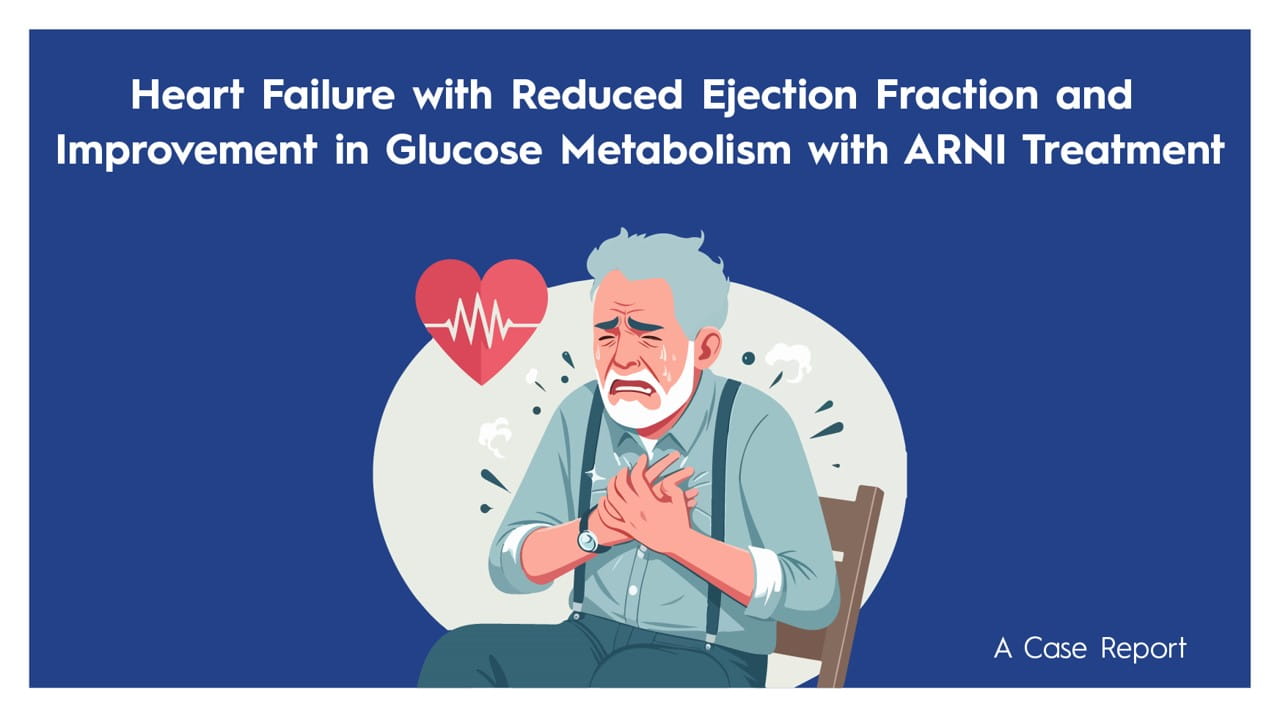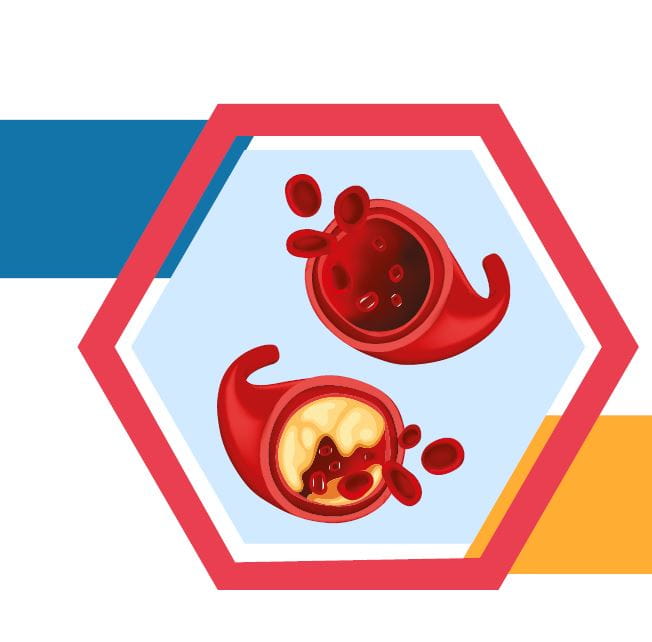ACC 2023: Pharmacology II: Rapid Fire—Practical Tips to Help Incorporate Newer Cardiovascular Drugs into Practice
The current medical therapies available for hypertrophic cardiomyopathy (HCM) do not target the underlying pathophysiology of the condition. Septal reduction therapy through alcohol ablation or septal myectomy is recommended for patients with severe symptoms and obstruction despite medical treatment. However, specialized care is often not accessible to everyone. This unmet need for pharmacologic therapies led to the development of Myosin, a first-in-class cardiac myosin inhibitor that modulates contractility at the level of the sarcomere. In a study involving 251 patients, Myosin significantly improved symptoms, exercise tolerance, and reduced left ventricular outflow tract (LVOT) gradients. Additionally, it showed a sustained reduction in biomarkers and enhanced quality of life compared to placebo. Myosin received FDA approval in April 2022 for use in patients with NYHA functional class 2-3 obstructive HCM. The current HCM treatment guidelines for obstructive HCM recommend beta-blockers and calcium channel blockers as first-line therapies, with Myosin as an add-on therapy for patients with persistent symptoms and obstruction despite these therapies.
Finerenone is a mineral corticoid receptor antagonist that blocks receptor-mediated sodium reabsorption and overactivation, reducing fibrosis and inflammation. CYP3A4 enzymes metabolize Finerenone, and no renal or hepatic dose adjustments are required. The dosing is 10-20 milligrams once daily. It is not recommended for use in patients with an EGFR less than 20. Finerenone is selective to the mineral corticoid receptor, and it does not have the side effects associated with the non-selective nature of spironolactone. Clinical trials found that finerenone significantly reduced UACR as compared to a placebo. Additionally, the trial also found that finerenone minimizes the incidence of the composite of kidney failure, sustained reduction in EGFR, and death from a renal cause FIDELIO-DKD trial found that finerenone significantly reduced the incidence of the composite cardiovascular outcome.
Vericiguat is a direct soluble guanylate cyclase stimulator that increases cGMP downstream and improves heart, renal and vascular function. The Victoria trial, over a median of 10.8 months, showed a significant reduction in primary outcome events (death from CV cause or first hospitalization for HF) with Vericiguat versus placebo. The ongoing Victor trial aims to broaden its indications. The 2022 AHA/ACC HFSA guidelines recommend Vericiguat as an II-B recommendation for reducing heart failure hospitalization and cardiovascular death. Heart failure is a growing concern, affecting 6.2 million people in 2020 with projections to exceed 8 million by 2030. Vericiguat has a potential niche in heart failure patients with reduced ejection fraction, it can be started at a dose of 2.5mg PO daily, can be doubled every two weeks to a max of 10mg PO daily. In addition, there is no need for follow-up labs, which is suitable for telehealth.
Hyperkalemia is a risk factor for mortality, especially in patients with heart failure, chronic kidney disease (CKD), and diabetes. ACE inhibitors, ARBs, ARNi, and MRAs are guideline-directed medical therapy for heart failure, proven to reduce morbidity, mortality in patients with HF, DM, and CKD. However, there is an increased risk of hyperkalemia, particularly in older adults or those with CKD and DM. Some of the novel potassium binders are sodium zirconium cyclosilicate and Patiromer, as potential solutions. According to the clinical trials, both drugs work by exchanging potassium for other minerals in the colon and were found to be effective in achieving normokalemia within a few doses, with onset within hours and long-term efficacy of up to 52 weeks. However, there is a risk of rebound hyperkalemia when these drugs are stopped. They also have side effects, such as edema, hypokalemia, constipation, and diarrhea.
To manage chronic hyperkalemia, it is important to monitor potassium levels 3-4 times a year, counsel patients on managing their dietary potassium intake, and recommend effective diuretic therapy. Potassium binders may also be considered as they can facilitate the optimization of RAASi dose. The recommendation for potassium binder initiation is based on the serum potassium level, as supported by a recent state-of-the-art review published in the Journal of the American College of Cardiology. For patients with a serum potassium level of 5.4, adding a potassium binder can be considered if there are concerns regarding follow-up or renin-angiotensin system (RAS) dose compromise while maintaining guideline-directed medical therapy (GDMT). Practice considerations include the cost of branded medications and prior authorization requirements, which can be addressed by citing guidelines and evidence-based data. Bedtime administration of potassium binders is recommended due to drug-drug interactions and the potential for rebound hyperkalemia if the medication is stopped. Furthermore, secondary analyses of sodium-glucose cotransporter two inhibitors and angiotensin receptor-neurolysin inhibitors have shown decreased hyperkalemia incidents. In conclusion, potassium binders are an effective strategy for managing hyperkalemia in patients with comorbidities. In addition, they can be used to maximize RAS inhibition and aldosterone blockade in patients with heart failure.
The issue of limited access to medications due to high costs and utilization management tools such as prior authorization, coinsurance, and copayments used by health insurers. The pharmaceutical industry and health insurers are the two megaliths that patients are stuck between. This leads to a life expectancy gap of 10 to 15 years for socio-economically disadvantaged patients forced to forego medical care. Prior authorization denials are expected, with an average denial rate of 5-10%. However, over 85% of previous authorization denials are overturned upon appeal. Therefore, patients and clinicians should always appeal prior authorization denials. Medicare and Affordable Care Act marketplace beneficiaries should compare treatment and insurance plans before signing up to find the best medical options and budget options. Pharmacists can provide information on cheaper ways to purchase medications, including opportunities outside of insurance. GoodRx, Blink Health, Single Care, and WellRx are websites that help patients find cheaper medication options and coupons.
Inclisiran inhibits PCSK9, which regulates LDL receptors and gets cleared from plasma in 48 hours. It is a gene-silencing complex and has a long half-life inside the hepatocyte. Inclisiran is approved by FDA and EMA in adults with heterozygous FH or clinical ASCVD, alone or in combination with other LLTs in patients who are statin intolerant. The dosing involves 284mg SC in the abdomen, upper arm, or thigh in a schedule with initial injection followed by at three months, at six months, and every six months after that. The Inclisiran Clinical Trials Program discusses two clinical trials programs - the ORION Trials and the VICTORION Trials - both focused on cardiovascular outcomes. The ORION Trials consist of 20 trials, including the ORION 4 Cardiovascular Outcomes Trial in ASCVD and the ORION 17 Primary Prevention Outcomes Trial. The VICTORIAN Trials consist of 7 trials and studies, including the VICTORION-2 PREVENT Cardiovascular Outcomes Trial in
ASCVD. Both programs have different phases of trials and prospective cohorts. PCSK9mAb can reduce the risk of ASCVD events, lower LDL cholesterol levels, has no significant safety signals in longer-term outcome trials, and is less expensive. In contrast, Inclisiran requires less frequent dosing, shows less variability in LDL cholesterol levels, improved adherence, self-administration, and is an alternative option for patients who cannot tolerate PCSK9mAb. Therefore, choosing between PCSK9mAb and Inclisiran ultimately depends on various factors, such as individual patient needs and preferences, potential side effects, and cost. According to the 2022 ACC expert consensus decision pathway on the role of non-statin therapies for LDL- cholesterol lowering, a PCSK9 monoclonal antibody is preferred as the initial PCSK9 inhibitor of choice given its demonstrated safety, efficacy, and cardiovascular outcomes benefits in FOURIER ODYSSEY outcomes.
In conclusion, limited access to medication due to high costs and utilization of management tools is a critical issue that affects patient outcomes and life expectancy. Therefore, patients, clinicians, and insurers should work together to find ways to increase medication affordability and accessibility.
American College of Cardiology (ACC) International Congress 2023, 4th March-6th March 2023, New Orleans




